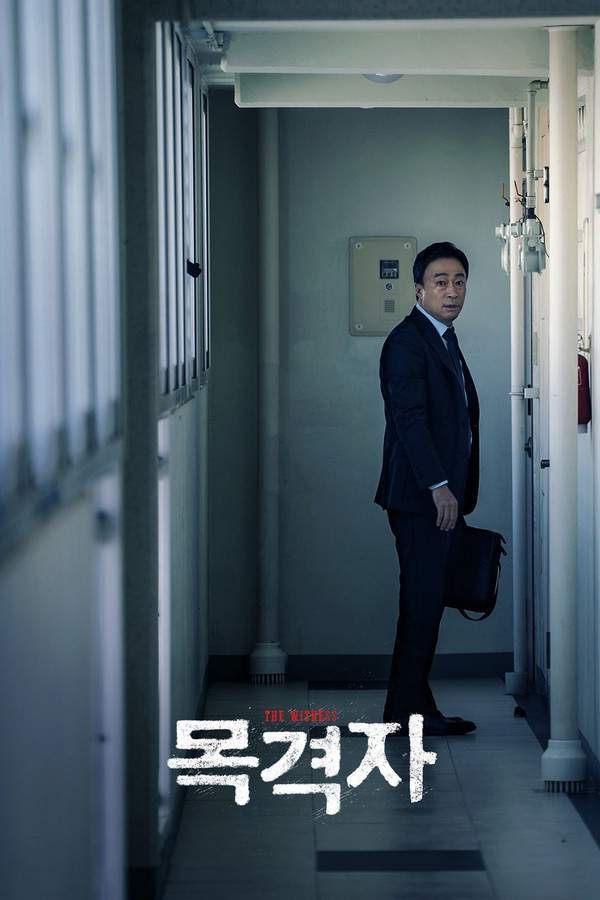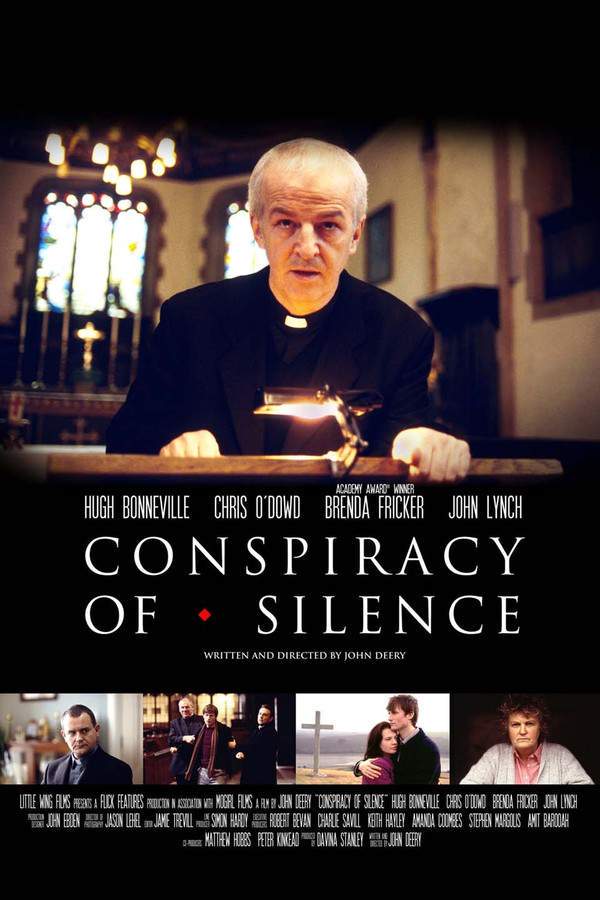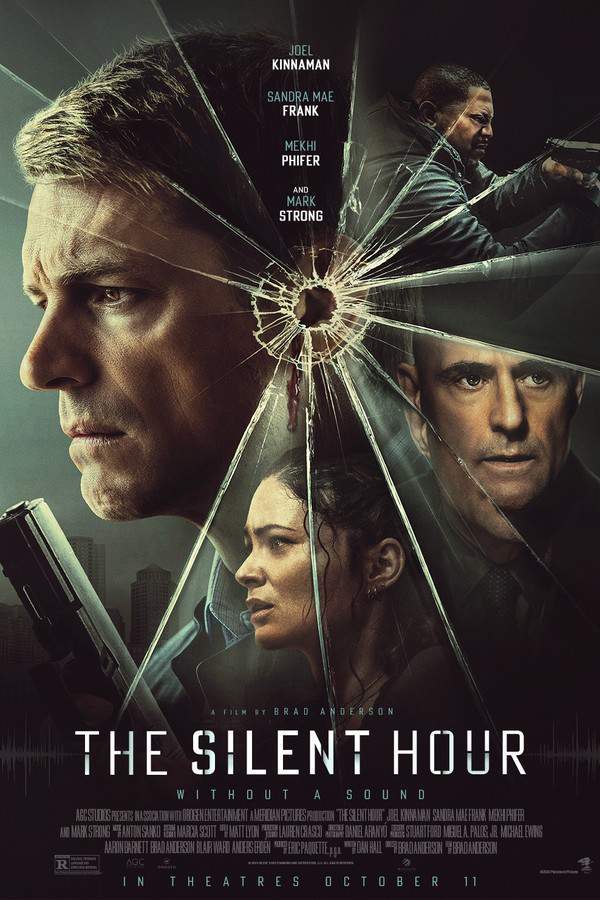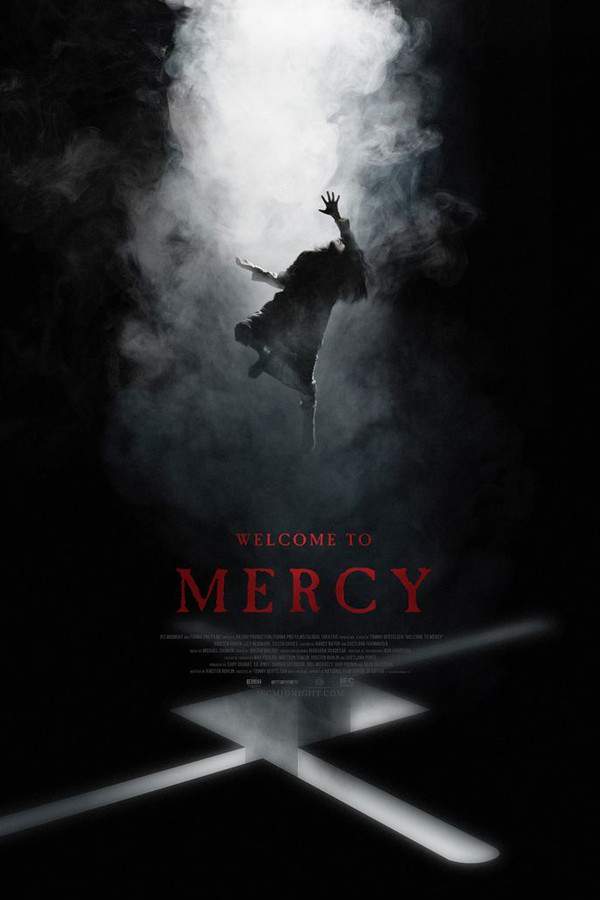
Cries from the Heart
Year: 1994
Runtime: 120 mins
Language: English
Director: Michael Switzer
Michael, a young autistic boy who struggles to verbalize his thoughts but possesses a keen talent for technology, secretly programs his computer to send a desperate online plea for help after he is molested at school, showing how a special voice can become his only lifeline.
Warning: spoilers below!
Haven’t seen Cries from the Heart yet? This summary contains major spoilers. Bookmark the page, watch the movie, and come back for the full breakdown. If you're ready, scroll on and relive the story!
Cries from the Heart (1994) – Full Plot Summary & Ending Explained
Read the complete plot breakdown of Cries from the Heart (1994), including all key story events, major twists, and the ending explained in detail. Discover what really happened—and what it all means.
Karen Barth, Melissa Gilbert is the divorced mother of Michael, a 7-year-old nonverbal autistic boy. After an incident where Michael wanders away from home, Karen’s ex-husband Roger, Markus Flanagan realizes that Michael may need more specialized care than she can provide, and suggests Michael be sent to a special residential school. Roger’s concern mirrors a deeper search for supportive options, setting the stage for a journey that looks to unlock new ways for Michael to connect with the world around him.
Karen reluctantly enrolls him after therapist Terry Wilson explains how the program will be able to help Michael. Under Patty Duke as Terry Wilson’s care, Michael begins gradually making progress, learning to communicate by pointing to pictures, and doing chores such as making his bed and helping prepare meals in the cottage he shares with his caretaker, Jeff. The environment of the school, the routine, and the patient guidance start shaping small, tangible steps in Michael’s day-to-day life, providing a framework where his abilities can surface and be appreciated.
Jeff is initially skeptical and dismissive, insisting that Michael isn’t capable and that the methods will not work. He mutters that Michael is “not that bright” and that he “can’t even spell.” > not that bright > can’t even spell. This early resistance tests Terry’s resolve and the team’s patience, highlighting the real tension between established expectations and the potential of assisted communication to reveal Michael’s inner thoughts.
Despite the early doubts, Eliot, Roger Aaron Brown the school head, reluctantly agrees to give Terry a one-month trial period with Michael to see if the approach can yield meaningful progress. Michael initially types gibberish, but a breakthrough occurs when Karen comes for a visit and Michael types out “MOM HI.” The moment signals a genuine connection and a potential bridge between Michael and the people who care for him, a turning point that reframes what everyone thought possible.
He then reveals something Karen had never known when he types “DAD GONE” and “I BRAK CAR MY FALT.” Karen explains that the night she and Roger divorced, Michael became upset and broke the car window, and she assures him that the car was not the reason for their separation. This emotional disclosure helps Karen and Roger see that Michael holds memories and feelings he’s beginning to communicate, and it gives them a chance to address the past with honesty and care.
Karen shares news of her first conversation with Michael to an initially skeptical Roger, admitting she was wrong about Terry at first and thanking him for recommending the school. After acknowledging that Michael thought the divorce was his fault, Roger expresses guilt over never fully explaining his departure, but Karen reassures him that she set Michael straight and that, even if he isn’t convinced yet, he’ll now be able to tell them what really happened.
Trouble soon looms when Jeff leaves for a vacation. Michael begins having nightmares, neglecting his chores, and becoming harder to manage. When Terry asks him why, he types out “JEFF,” “KEEP JEFF AWAY,” and “SEX.” This troubling set of messages reveals the dark reality of abuse Michael endured, and Terry’s careful handling of the information becomes a crucial moment for the ongoing case and Michael’s safety. Terry realizes that Jeff sexually abused Michael, a painful discovery that triggers a harsh confrontation with Karen, who demands that Michael be pulled from the school for safety. Terry, however, insists that Michael needs the school, emphasizing the progress he has achieved despite the abuse. Michael himself expresses a clear wish to stay, typing “I STAY,” underscoring his trust in the therapeutic environment and the people who care for him.
Jeff is arrested, and a detective questions Michael about the abuse. The detective accepts Michael’s testimony as credible and remarks to Terry on how impressive this form of communication is, validating the potential of assisted communication to illuminate truth in difficult cases.
All is not well for Karen, however. Feeling hurt that Michael had placed trust in Terry rather than his own mother, Karen cuts off contact, not answering calls or attending visits and retreating into the sanctuary of her home. Terry decides to intervene, visiting Karen and explaining that, despite all the school has achieved for Michael, he still needs Karen in his life and that their collaboration remains essential. This visit helps Karen see the bigger picture and motivates her to re-engage with Michael’s progress.
The trial preparation is an uphill battle: Jeff has recanted his confession, and the court is reluctant to accept Michael’s testimony due to the lack of scientific support for facilitated communication. The jury eventually allows Michael to testify, and while the district attorney’s questions go smoothly, Michael becomes agitated during the cross-examination by Jeff’s attorney, prompting the judge to call a recess. The defense seeks a mistrial, but a compromise is reached: another cross-examination will take place in a separate area, relayed back to the courtroom via closed-circuit TV. Despite ongoing challenges to the method and the testimony, the jury ultimately finds Jeff guilty.
The film closes with a quiet, hopeful scene: Karen and Terry watch Michael play on the swing, and they acknowledge that their work together is far from finished, but they also recognize that they’ve formed a strong, collaborative team capable of continuing Michael’s growth. The ending underscores the film’s core message: progress is possible when patience, care, and shared resolve illuminate a path forward for a vulnerable child and the people who love him.
Last Updated: October 09, 2025 at 10:45
Explore Movie Threads
Discover curated groups of movies connected by mood, themes, and story style. Browse collections built around emotion, atmosphere, and narrative focus to easily find films that match what you feel like watching right now.
Movies about silent heroes like Cries from the Heart
Stories where unconventional communication becomes a lifeline against injustice.If you were moved by how Michael used his computer to speak his truth in Cries from the Heart, you'll appreciate these films. They feature protagonists who break through barriers of communication, often in the face of grave injustice, using their unique voices to fight for understanding and resolution.
Narrative Summary
These narratives typically follow a protagonist whose voice is marginalized—due to disability, trauma, or circumstance. The central conflict arises from a need to communicate a critical truth, leading to a breakthrough that fuels a quest for justice or healing, often against a skeptical system.
Why These Movies?
They are grouped by their shared focus on the power of non-traditional communication. The emotional journey hinges on the tension of whether a vital message will be heard, creating a visceral connection to a character fighting to be understood.
Legal dramas about trauma like Cries from the Heart
Intense personal suffering leads to a high-stakes legal battle for closure.For viewers who appreciated the legal battle in Cries from the Heart, this thread gathers movies where a personal trauma leads directly to a courtroom drama. These films explore the difficult path from victim to witness, combining heavy emotional themes with the suspense of the justice system.
Narrative Summary
The story begins with a life-altering traumatic incident. The middle act focuses on the struggle to report the crime and be believed, often facing institutional阻力. The final act is dominated by the courtroom trial, where truth is contested and emotional closure is tied to the legal outcome.
Why These Movies?
They share a specific narrative arc: trauma, disclosure, and legal reckoning. This creates a consistent mix of heavy emotional themes related to victimhood and recovery, combined with the structured tension and intellectual engagement of a legal procedural.
Unlock the Full Story of Cries from the Heart
Don't stop at just watching — explore Cries from the Heart in full detail. From the complete plot summary and scene-by-scene timeline to character breakdowns, thematic analysis, and a deep dive into the ending — every page helps you truly understand what Cries from the Heart is all about. Plus, discover what's next after the movie.
Cries from the Heart Timeline
Track the full timeline of Cries from the Heart with every major event arranged chronologically. Perfect for decoding non-linear storytelling, flashbacks, or parallel narratives with a clear scene-by-scene breakdown.

Characters, Settings & Themes in Cries from the Heart
Discover the characters, locations, and core themes that shape Cries from the Heart. Get insights into symbolic elements, setting significance, and deeper narrative meaning — ideal for thematic analysis and movie breakdowns.

Cries from the Heart Spoiler-Free Summary
Get a quick, spoiler-free overview of Cries from the Heart that covers the main plot points and key details without revealing any major twists or spoilers. Perfect for those who want to know what to expect before diving in.

More About Cries from the Heart
Visit What's After the Movie to explore more about Cries from the Heart: box office results, cast and crew info, production details, post-credit scenes, and external links — all in one place for movie fans and researchers.

Similar Movies to Cries from the Heart
Discover movies like Cries from the Heart that share similar genres, themes, and storytelling elements. Whether you’re drawn to the atmosphere, character arcs, or plot structure, these curated recommendations will help you explore more films you’ll love.
Explore More About Movie Cries from the Heart
Cries from the Heart (1994) Scene-by-Scene Movie Timeline
Cries from the Heart (1994) Movie Characters, Themes & Settings
Cries from the Heart (1994) Spoiler-Free Summary & Key Flow
Movies Like Cries from the Heart – Similar Titles You’ll Enjoy
Michael (2012) Story Summary & Characters
The Cry (1000) Movie Recap & Themes
A Mother’s Testimony (2001) Detailed Story Recap
Heart of a Stranger (2002) Film Overview & Timeline
The Art of Crying (2006) Plot Summary & Ending Explained
Matters of the Heart (1990) Plot Summary & Ending Explained
Thursday’s Child (1983) Plot Summary & Ending Explained
Heartsounds (1984) Film Overview & Timeline
Silence of the Heart (1984) Full Summary & Key Details
A Child’s Cry for Help (1994) Spoiler-Packed Plot Recap
A Cry for Help (1975) Detailed Story Recap
Journey of the Heart (1997) Ending Explained & Film Insights
A Song from the Heart (1999) Ending Explained & Film Insights
Untamed Love (1994) Spoiler-Packed Plot Recap
Under The Piano (1996) Film Overview & Timeline











































